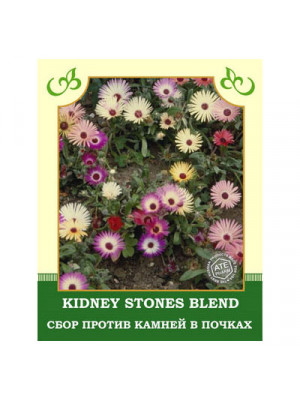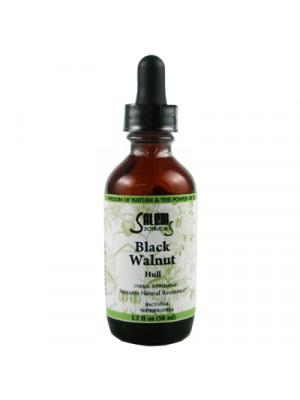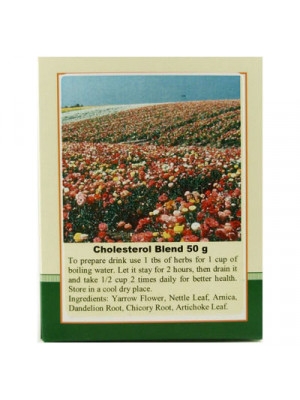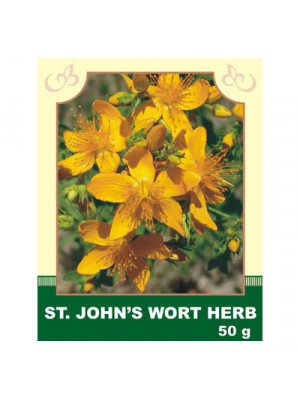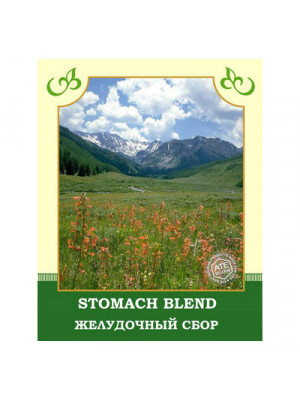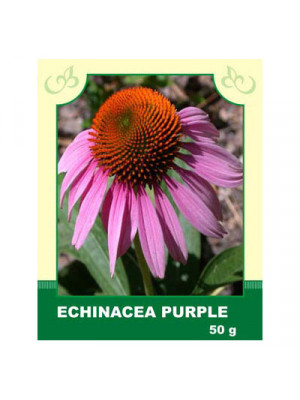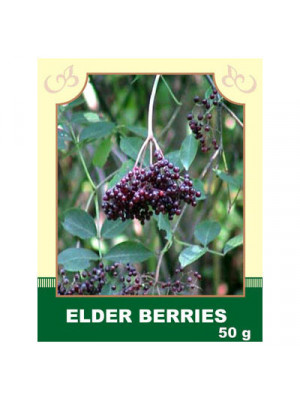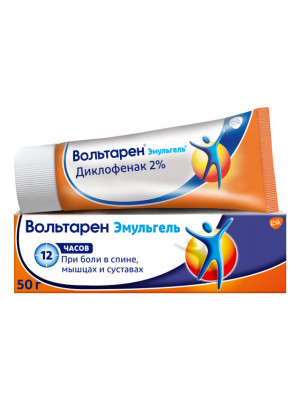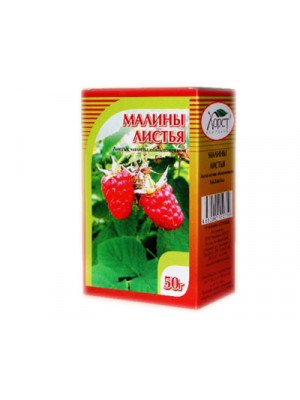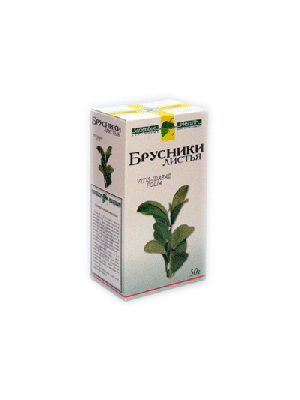Search results for 'Black Currant Leaf 50g'
Composition: horsetail, nettle, hawthorn fruit, knotweed.
Helps remove stones from the kidneys and bladder and helps me achieve new ones.
$5.40
Description. Black Walnut is an antiseptic with antibacterial agents in the essential oil that combats infectious micro-organisms and bacterial infection. The large vitamin C content in Black Walnut is also thought to be responsible for fighting infection. As a vermifuge, Black Walnut is believed to cleanse the body of many types of parasites. Black Walnut Shell is considered a tonic that aids digestion and the intestinal system. It helps promote the appetite, relieve colic, heartburn and catarrhal enteritis. As a cholagogue, Black Walnut stimulates the flow of bile into the intestines and is thought to ease bilious colic and pain in the spleen. Rich in vitamin C and other important nutrients. Uses. Black Walnut is highly astringent, and this quality is said to shrink the sweat glands and reduce excessive sweating. For the relief of runny nose and head colds, nervous disorders; Black Walnut has been used for decades as a popular remedy to help dry up continual sinus discharges. Black Walnut is thought to possess detergent properties, and as such, it is used to cleanse the blood and alleviate scrofulous conditions, as well as acne, eczema and psoriasis, particularly in older people. It is said to relieve itching and promote the healing of the skin. Moreover, it is an antiseptic and antibacterial that combats infection and has been used in Germany for decades to clear sinus infection and runny nose. Black Walnut is thought to be an excellent treatment for fungal infection, relieving herpes, leprosy-type skin diseases, athlete's foot, cold sores and Candida albicans.
Warning! Before using any herbal products, make sure that you have full knowledge of how the herb works and any adverse reaction it may cause.$6.99- Contains: Yarrow flowers, Nettle leaves, Arnica flowers, Dandelion root, Chicory root granules, and Artichoke leaves. Uses:Cholesterol Blend has antioxidant properties which help to relax the peripheral blood vessels, improve blood flow and overall health. The plant extracts help to lower circulating levels of total cholesterol in the plasma of the blood.
Warning! Before using any herbal products, make sure that you have full knowledge of how the herb works and any adverse reaction it may cause. For more detailed information about each herb see Herbs section.$6.99
Description. Herb and flowers contain different flavonoids (rutin, hyperoside, isoquercetin, quercitrin, quercetin, amentoflavone, astilbin, miquelianin), phenolic acids, phloroglucinols and essential oils. St. John's Wort has recently become one of the heavyweight herbs in medicine, mostly due to it's reputed anti-depressant effects. St John's wort is most widely known as a herb for major depression. In some countries, such as Germany, it is commonly prescribed for mild depression, especially in children, adolescents, and where cost is a concern. Lesser known medicinal attributes of this plant include usefulness as an antiseptic, pain killer, and anti-viral agent. Water infusion of St. John's Wort Herb is good for heart disorders, irritability and insomnia, for improoving bile composition and liver disorders (powerful diuretic)and for women's urogenital inflammations. St.John's Wort due to its high bio-active effect is an excellent support for men's health! Uses. St. John's wort has also shown results in the following conditions, a few of which are related to depression. They are alcoholism, bacterial infections, premenstrual syndrome, seasonal affective disorders, viral encephalitis, wounds, minor burns, hemorrhoids. Moreover, internally, St. John's Wort is believed to be of benefit for symptoms of anxiety, cough, digestion, bronchial problems, diarrhea, fatigue, flu, gout, insomnia, irritability, and ulcers. Externally, St. John's Wort can be applied for bruises, wounds, burns, hemorrhoids, sunburn, herpes sores, varicose veins, sciatica, and nerve pain. Avoid taking the herb if you are hypertonic. Water infusion is used as a mouthwash for weak gums, parodontosis and other oral inflammations.
Attention! Before using any herbal products, make sure that you have full knowledge of how the herb works and any adverse reaction it may cause.$6.99Composition: buckthorn bark, nettle, peppermint, valerian root, calamus root.
Spasms of the smooth muscles of the digestive tract, spastic constipation (as a mild laxative).
$6.99Internally. Taken to stimulate the immune system, prevent and treat bacterial diseases, viral flu, chronic inflammations, poliomyelitis, herpes, and also used in skin grafts. Echinacea helps with arthritis, hepatitis, cystitis, leukemia, sepsis, prostatitis, and prostate hypertrophy.
Method of use and dosage: The tincture is prepared at a mass ratio of 1:10 in 70% alcohol. Take 20-30 drops 3 times a day. Decoction: 1 tablespoon of crushed leaves is poured with 200 ml of boiling water, boiled with a closed lid on low heat for 5 minutes, and strained. It is consumed throughout the day in small portions.
External use: Used for psoriasis, eczema, trophic ulcers, first-degree burns, frostbite, and severe bedsores.
Contraindications: Individual intolerance.
$6.99Internally, it is taken for diabetes, edema, dropsy, diarrhea, dysentery, and pains and cramps in the abdomen.
Method of application and dosage: 1 tablespoon is poured with 200 ml of boiling water, heated on a water bath with the lid closed for 15 minutes. Cooled at room temperature for 45 minutes, strained. The obtained infusion is consumed warm, 1-1.5 cups 2-3 times a day.
Contraindications: Individual intolerance.
$6.99- The leaves of the raspberry plant have been used as a medicinal herb for centuries. The use of this herb dates back to the sixth century and its benefits in childbirth have been recorded as a proven aid in maternity in the most ancient of herbal books. The leaves contain high concentrations of several vitamins and minerals. Vitamin C and vitamin E are present in large amounts as well as Vitamin A and some B Complex. Increased Vitamin A intake in the form of the carotenoids of red raspberry leaf can aid the women immune system as well as facilitate healthy skin and bone development for the baby. Vitamin E serves to promote better circulation in the mother who is dramatically increasing her blood volume during pregnancy. The Red raspberry leaf also contains many essential minerals such as phosphorus, potassium, and an easily assimilated form of calcium. Raspberry leaf tea also acts as an astringent on irritated skin.$5.99
- Foxberries are widely used in northern Europe, notably in Scandinavia. Scandinavian people like foxberries and use them for food as a source of vitamins and essential nutrients. But it is important to know that foxberry leaves are of great value too. They have antimicrobial, cholagogic, astringent and anti-inflammatory effects. Leaves preparations help strengthen capillaries and stimulate host defenses. Foxberry leaves contain Vitamins, flavonoids, tannins, acids and other nutrients. Leaves preparations are often used as a supportive therapy during recovery periods. And finally this herb stimulates nitrogen metabolism.$7.99


